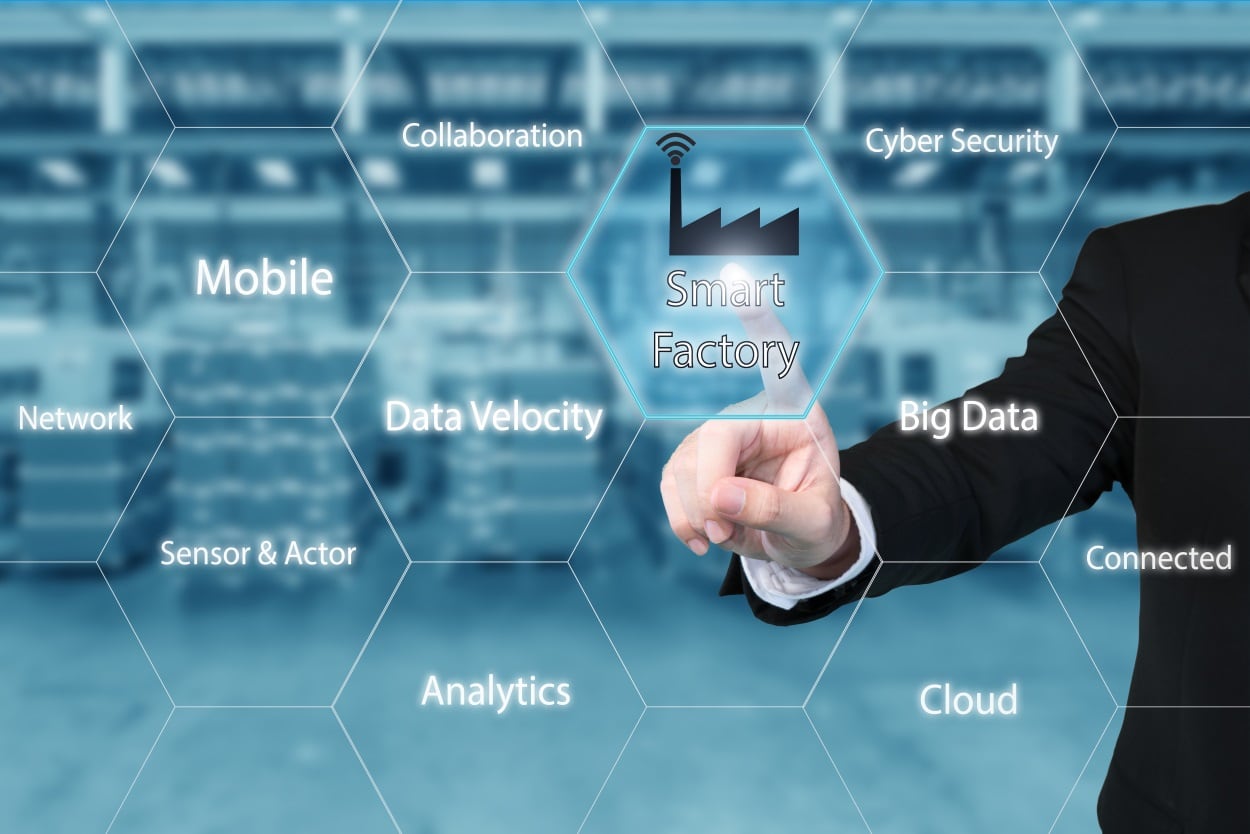Nannini was formerly senior vice president and head of strategies and performance at Nestlé. Piloni is CEO of disruptive foodservice tech company Exever and former president of Whirlpool R&D.
‘A critical time’ for Future Food
Future Food founder Sara Roversi told FoodNavigator the investment comes at a “critical time” for efforts to address global food challenges. “Here at the Future Food, we're laser-focused on accelerating transformational and impactful innovations.”
Future Food is an ecosystem that aims to make food innovation a “key tool” to tackle “the great challenges of the future”: affordable nutrition, world hunger and sustainability. It promotes education through the Future Food Institute Trust and supports open innovation through the Future Food Accelerator.
Future Food has entered scale-up mode to advance its mission of promoting food innovation as a “strategic element” to achieve “sustainable impactful growth”.
“The dynamism and multiculturalism of today’s open innovation ecosystem are incredibly exciting. I couldn’t be more thrilled to join Future Foods, a body doing such important work at the nexus of food and nutrition, health and lifestyle innovation.” - Valerio Nannini
New funding will support Future Food’s “sharpened focus” on three core areas, Roversi explained.
The organisation is strengthening its status as a global hub for food knowledge, excellence and awareness and in 2019 it will double its number of local office hubs globally. Headquartered in Bologna, Italy, Future Food already has offices in Tokyo, San Francisco and Shanghai.
The organisation is also identifying and accelerating transformational food innovations and investing in its development platform for future leaders in the food innovation ecosystem. Earlier this month the United Nations announced the UN Organization for Industrial Development would partner with the body’s non-profit arm, the Future Food Institute, on its latest award for global innovation in agribusiness.
“When it comes to our research, prototyping and foresight we are primarily focused on the six areas,” she revealed.
- Environment - Innovating food production models based on marine, land and non-soil systems;
- Production - Discovering new technologies for domestic and industrial transformation of food products;
- Access - Finding the best solutions to combat malnutrition and creating new tools to guarantee food safety;
- Nourishment - Experimenting with healthy and nutritious food, we preserve our culture, improve the food experience and strengthen biodiversity;
- Eating Lifestyle - Discovering new spaces and models of sustainable consumption;
- Awareness – Developing tools to produce insights from data and artificial intelligence. “The result is investing in food education. We know that promoting digital platforms as the best way to spread knowledge and awareness,” Roversi noted.
The need for a ‘multi-faceted’ approach

In order to develop more sustainable means of production, meeting the nutritional needs of a growing population within planetary boundaries, Roversi said a “multi-faceted approach” where “each element is as important as the next” must be adopted. Future Food works with multiple stakeholders to promote sustainable objectives.
“We are focused on developing and enabling a world-class breed of competence-based change makers through inspiration and education, while also in a very tangible way, supporting producers, communities to transition towards sustainable development frameworks.
“But our work is also about helping governments and industries to implement consistent innovation programs, and importantly – through our new Living Labs - identifying, incubating and accelerating transformational and impactful innovations," the Future Food founder revealed.
“Food and nutrition are the cornerstones for a sustainable and healthy future. I am delighted and excited to join Future Food in its challenge to accelerate the adoption of transformational and impactful innovations in an open innovation ecosystem environment.” - Mauro Piloni
Tapping into ‘first-class thinking’
In addition to the investment – of an undisclosed sum – both Nannini and Piloni will join Future Food’s board of directors. The appointments are significant because they enable Future Food to tap into a wider pool of expertise in its work to build more sustainable food systems.
“Revolutionising the food ecosystem requires a collaborative… approach. Evidently, there is therefore a need for broad as well as deep expertise across multiple areas within the food innovation ecosystem. Valerio and Mauro’s appointments will further enable us to tap into some of the first-class thinking – and contacts - within the dynamic food-focused corporate sector,” Roversi said.
Nannini has an “exhaustive understanding” of disruptive technologies, digital environments, and their commercial applications, with a track record of engaging with academia, accelerators, VCs and start-ups, as well as with major strategic partnerships to accelerate growth.
Piloni’s scale-up Exever owns the patented “warm preservation” technology. Future Food described him as a leader in disruptive technologies and their market deployment. Working in innovation in both corporate and start-up environments, Piloni is also a business angel and adviser for tier one banks and VCs.
Together, Piloni and Nannini’s international business expertise extends across Europe, the Middle East and Africa, Asia, Oceania, North America and Latin America.




